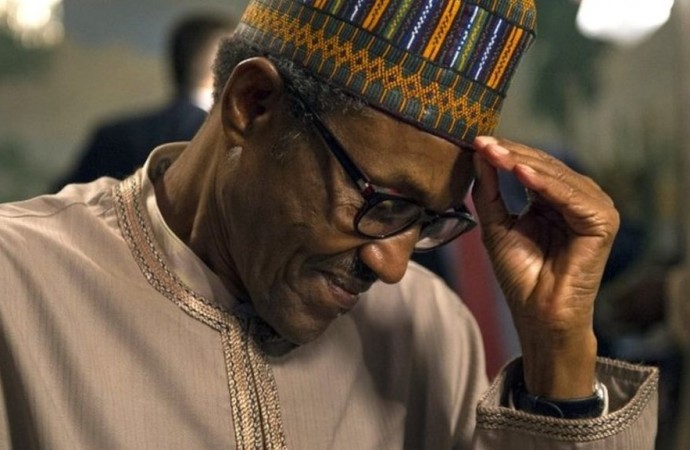Nigeria’s statistics office said Wednesday that the country has dropped into recession as its all-important oil industry has suffered under weak global prices.
The country’s gross domestic product (GDP) dropped by 2.06 percent in the second quarter of 2016 after falling 0.36 percent in the previous three months. The technical definition of a recession is two consecutive quarters of negative growth.
An economic adviser to President Muhammadu Buhari, Adeyemi Dipeolu, told the Associated Press that the bleak data was largely attributed to “a sharp contraction in the oil sector due to huge losses of crude oil production,” resulting from vandalism and “sabotage.”
The figures from the country’s National Bureau of Statistics placed estimated oil production at 1.69 million barrels per day, down by 0.42 million barrels per day from the first quarter. Consequently, real growth within the sector was negative 17.48 percent year on year in the second quarter of 2016.
Tony Elumelu, chairman of Heirs Holdings and the United Bank for Africa, said in an interview with CNBC Tuesday that following the fall in the price of commodities, “the government in Nigeria and across Africa … need to diversify their economies.” But, he warned that this process was a gradual one, as “you don’t diversify an economy overnight.”
Reflecting Nigeria’s potential for this diversification, Facebook chief executive Mark Zuckerberg is currently in Nigeria, meeting with technology start-ups and visiting a coding summer camp for children.
According to the GDP report, Nigeria’s non-oil sector was driven by the agriculture, information and communication, water supply, arts, science, education and services sectors, which all saw positive growth. But overall, the non-oil segment of its economy declined by 0.38 percent in real terms in the second quarter of this year.
Elumelu was positive about Buhari’s economic management of the country, commending what he perceived as the current government’s genuine “realization about what the situation is” as well as its “firm commitment and determination to do something and bring change about.” Elumelu also discussed Buhari’s “policy stability” which would enable investors in the country to plan.
With regards to an overarching strategy for the region, Elumelu stressed that “Africa needs private global capital to come in,” and that “what is good for the private sector is good for society.” He viewed such investment as enabling countries to create employment, address the issues of inequality and poverty, and “engender inclusive growth.” Elumelu asserted: “this is the solution to the difficult economic times everyone is going through.”

